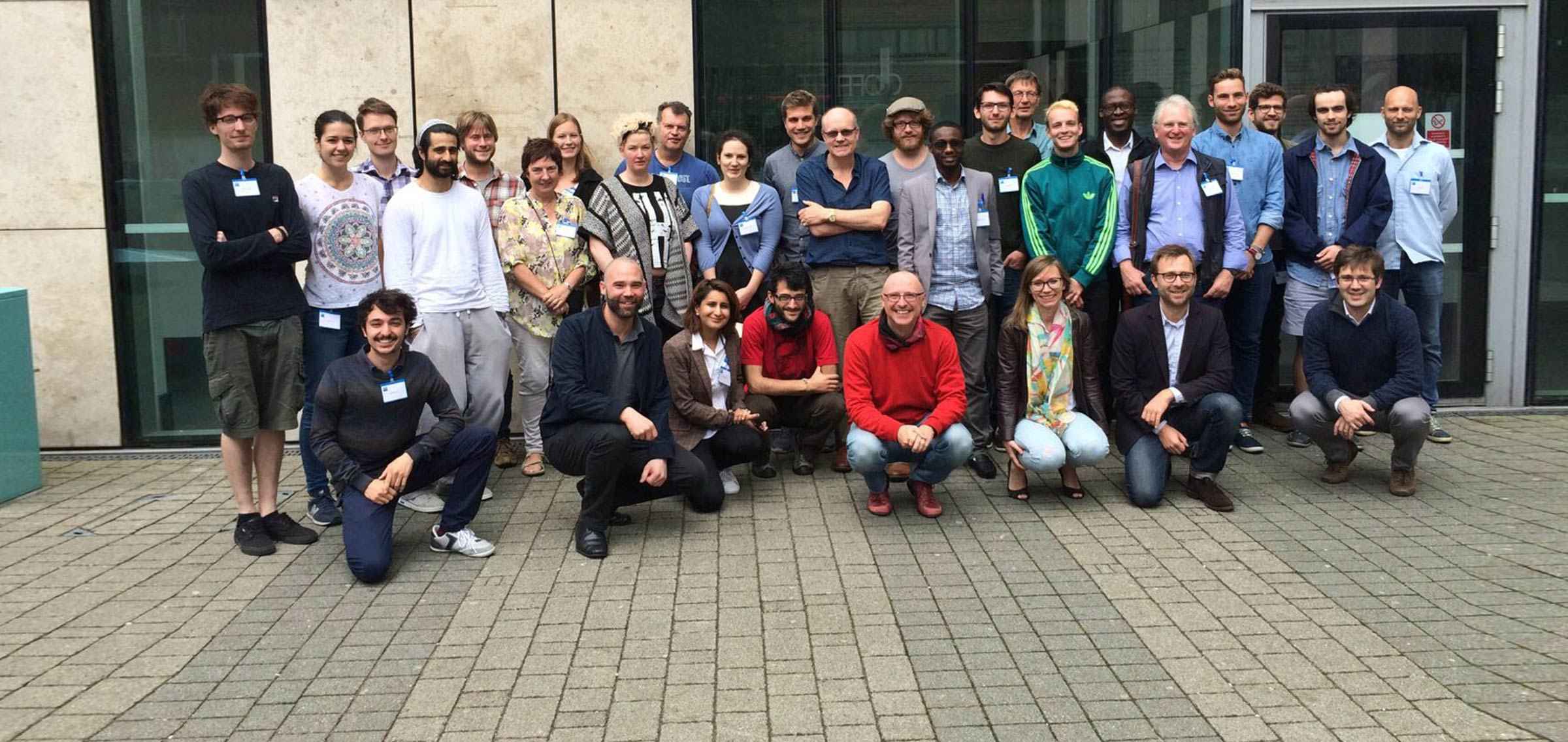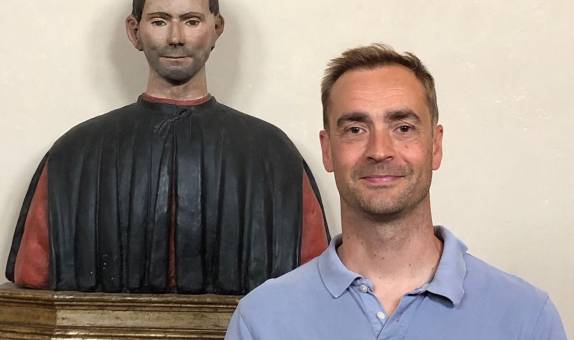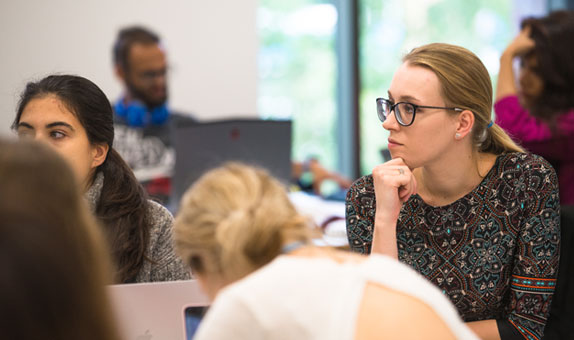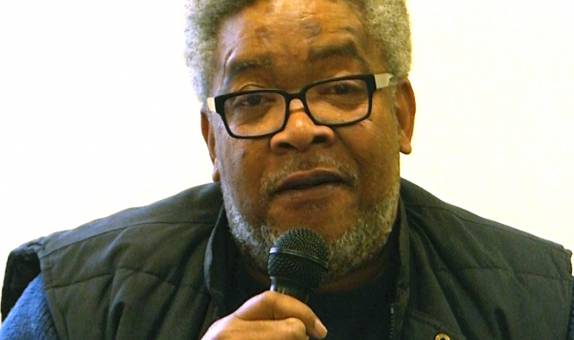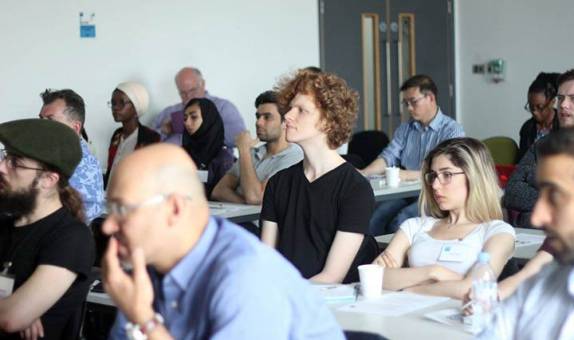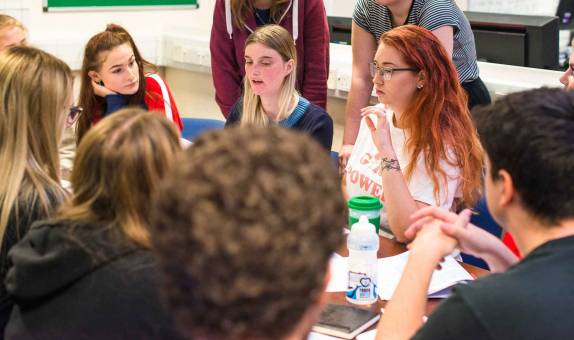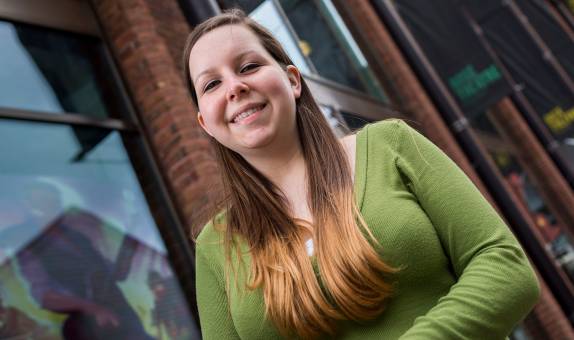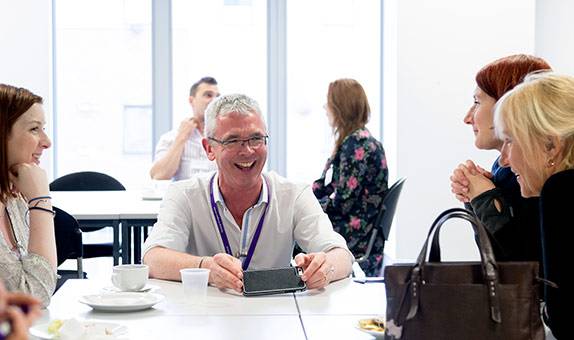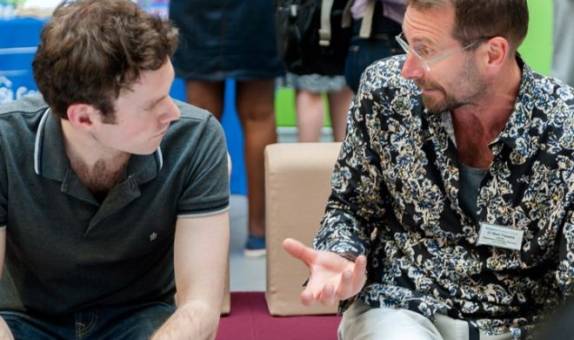Welcome to the Pluralist Economics Research Group (PERG)
About PERG
PERG reflects the pluralist nature of economics at Kingston. It includes applied economics researchers, whose objective is to develop theoretical insights using state-of-the-art empirical techniques to analyse substantive applied economic issues with the objective of generating impact. It also includes researchers who put more emphasis on the fundamental importance of institutions and social conflict for the understanding of economic relationships and outcomes. PERG is committed to pluralism in economic research and provides a collaborative and inclusive research environment for its members to engage in intellectual debate and to exchange ideas.
The department's new Pluralist Economics Seminar Series was launched in April 2023 with the aim of promoting dialogue and cooperation across different economic approaches, and address important economics, political and societal issues. Seminars are held in hybrid form and you can view all discussion papers online.
Leading in research
Our research contributes to the Behaviour, Business and Policy KERI, the new university knowledge exchange research institute. It covers wide areas within and across the Department of Economics' four specialisation themes: from economic growth, technology, skills and development, to industrial, labour and international economics, banking and financial management, political economy, as well as environment and climate change research and aspects of wellbeing, behavioural and financial economics. Within Kingston, researchers in Economics collaborate with the Centre for Research on Communities, Identity and Difference (CResCID) and the Small Business Research Centre (SBRC). We also have an extensive collaborative network with other universities, research institutes and government departments (including NIESR, King's College London, LSE, ONS, BEIS and Hounslow council).
People in PERG
PERG is co-led by Professors Bill Dunn and Michela Vecchi. It comprises academic staff from the Department of Economics working collaboratively with colleagues in other research groups and departments in Kingston University, as well as with external partners and international stakeholders.
PERG members from our Economics Department
PERG associates
- Dr Andy Higginbottom
- Ms Amanda Latimer
- Dr Richard van den Berg
- Dr Prakash Singh
- Dr Michael Ng
- Professor Frederic Vallee-Tourangeau
- Mr Gordon Jonson
- Dr Peter Lovatt
- Reverend Peterson Feital
- Professor Ian Marsh
- Professor Mary O'Mahony
- Professor Catherine Robinson
Funded projects
Ongoing projects
Leading in research
Past seminars include:
- Do house price boom crowd-out bank lending to SMEs? Evidence from the UK local authority level, Jalal Siddiki, Kingston University
- Migration, Remittances and Gender Norms, Dimitrios Minos, King's College London
- Have healthcare workers suffered the most during the COVID-19 pandemic? A study of the burnout effects on wellbeing, Shimaa Elkomy, University of Surrey
- Consent and coercion in the thought of Antonio Gramsci, Rex McKenzie, Kingston University
- Keynes and Marx, Bill Dunn, Kingston University
- New trends in firm level Total Factor Productivity in the UK: new measures, new puzzles, Ioannis Bournakis, SKEMA Business School
- Distributional effects of immigration and imperfect labour markets, Simon Lodato, Middlesex University
- Project Aid and Firm Performance, Saumik Paul, Newcastle University
